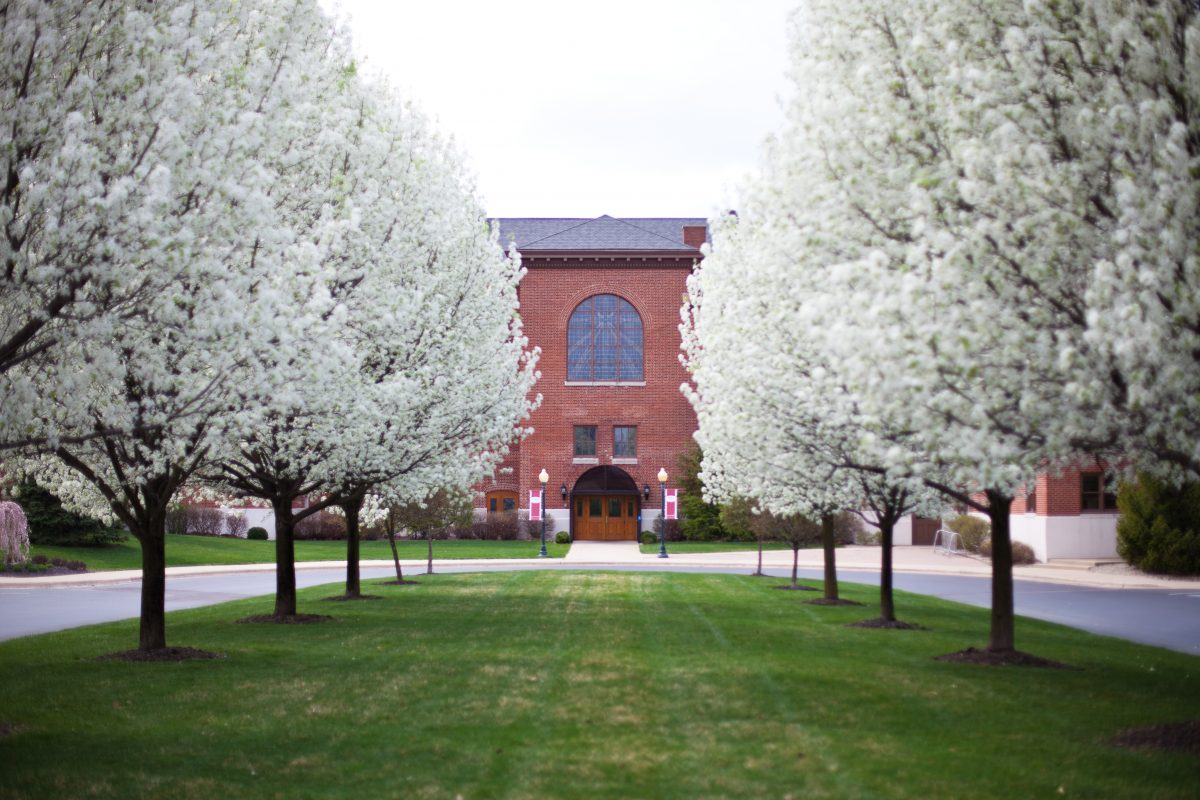March 2, 2020
Exploring Virtue in Mankind | Part 1: Government and Virtue
Written By Grace Seminary
Tagged With

For this very reason, make every effort to supplement your faith with virtue, and virtue with knowledge, and knowledge with self-control, and self-control with steadfastness, and steadfastness with godliness, and godliness with brotherly affection, and brotherly affection with love.
2 Peter 1:5-7
Government and Virtue
Where is social virtue found?
Virtue is a concept essential to the Christian. It addresses the inner-self, and how that self can relate to others and the world around him. How essential is virtue to our lives? It is so central to our experience that it drives our decision-making about our actions, our opinions of others, and our loyalty to those in positions of authority. From where, then, does virtue come? Some say virtue is found in the character of each person, or in society or in reason or in God’s word or in God’s character. I want to use these next few blogs to explore how virtue is essential to our public, and especially, our social lives. In this first series I will focus on virtue as it relates to government.
In 1748, the Baron de Montesquieu, a French judge and philosopher, made a striking assertion about virtue in society. Montesquieu was a political thinker whose ideas were part of the foundation of our American Constitution. In fact, a study found that no other author was quoted more than Montesquieu by those who drafted the U.S. constitution.
The founders feared the arbitrary acts of the European monarchs and they feared the tendencies to tyranny of many of Rome’s and Athens’ failed democracies. Montesquieu wrote of how each of these types of government require something different from the people. (1)
Monarchies
Monarchies rely on a deep sense of honor, deference, and obedience in the people who were to regard the monarchs as divinely appointed and whose actions, no matter how arbitrary, were to be seen as beyond question. As a result, monarchs create many opportunities for the people to venerate them with much ceremony, display of luxurious wealth and mystery.
Tyrannies
Tyrannies rely on something very different. Fear. Tyrants needed to arrest people in the middle of the night and carry them away without trial and likely making them disappear. Other means of terror were show trials ending in death or just rounding up groups of people (called enemies) on the streets and marching them to mass graves. This is terror and it keeps people afraid for their lives. People are even afraid of each other not knowing who might be a spy or an informer for the tyrant.
Republics
Republics rely on something remarkably different from either honor or terror. Virtue. A Republic is a kind of government that relies on leaders elected by the people reflecting their desires to provide good things for the nation and the people. As long as the people were typically virtuous in personal character and who expressed that virtue in their corporate voting, the government would provide virtuous conditions that would allow people to grow, reach their potential, and to thrive.
It was the revolutionary founding of the United States of America and the French Revolution that supply a good contrast as the American revolution resulted in a struggling but prospering republic characterized by liberty while the French soon devolved into terror and wound up under the imperial Napoleon.
The Americans were in a revolution of ideas to begin a new nation by a new organizing principle: liberty. The French were angry due to centuries of abuse by the church and the crown. Their revolution was to tear down the evil overlords and to replace them with, well, they were not quite sure what.
In the next blog I’ll consider this need for virtue in terms of church, education, character and the role of God’s word.

John Teevan, PhD
Adjunct Professor, School of Ministry Studies
- Bok, Hilary, “Baron de Montesquieu, Charles-Louis de Secondat”, The Stanford Encyclopedia of Philosophy (Winter 2018 Edition), Edward N. Zalta (ed.), URL = <https://plato.stanford.edu/archives/win2018/entries/montesquieu/>.
Share
Tagged With


